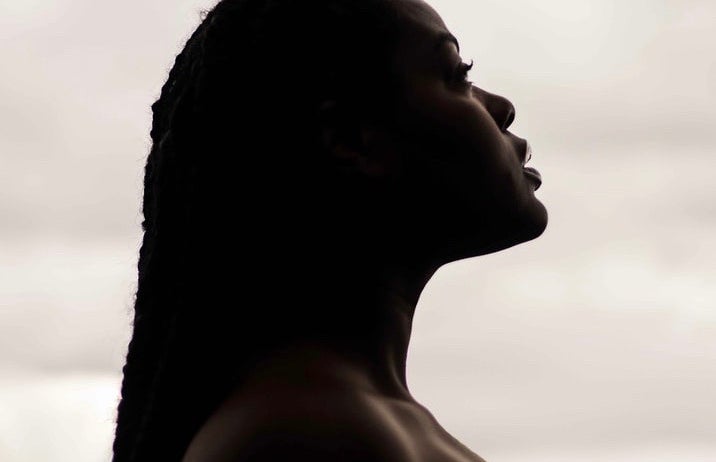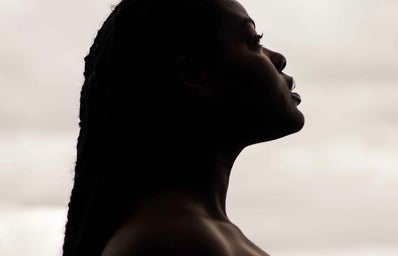Over the 11 years that I have been in the United States, I never realized that I held deep-seated feelings over my identity. And what was even more jarring, was that I was not alone. After coming to America at the age of 9 years old, I was lucky enough to have received my citizenship through my mother because I was underage at the time she became a U.S. citizen. And like any 11 year old kid, I gave this event no extra thought. For me, it was my mom’s achievement and not my own. What I understood this event to have been was another piece of paper that would make our lives in America more official and a lot easier. For a very long time, this piece of paper was nothing more than that until I started to lose my accent.
The issue was that up until that point, I felt that I had a visible marker that I wasn’t from here, and like any other prideful Haitian Kid, I loved that. It was the part of me that allowed other Haitian people to recognize me before I had to speak Haitian-Creole. Because aside from the xenophobic comments here and there, I always felt like I belonged, like it did not matter that American kids did not like me because I knew there was a place where I was accepted. And when that seemed to be changing, I never truly realized how impactful that this was.
I remember feeling as though I was stripped naked and that the armor that I had so proudly worn, the emblem that I so proudly held, and the country that I so fiercely loved; I had betrayed. Over the years, I had known of many people who had to overcompensate by overindulging in Haitian music, movies, and borderline mimic what they perceived to be a “Haitian person” after they had chosen to throw away their identities to assimilate, however, I never understood how without even trying to, I was subconsciously doing the same.
Feeling all too guilty, I attempted to work through the times that could have brought me to what I viewed as cultural treason. Was it all the times that I spent reading at church? Was it my ambition to over perform in school? Or was it that I spent too much time reading? But it didn’t matter because the deed was already done. No one could bring back the verbal part of my identity. No matter how much I listened to the music, rewatched the movies, or turned myself into a caricature. And from that point on, I decided that I would never formally take the United States citizenship exam. I had already done that once, and was not about to make the same mistake twice.
I figured sure, I might have to live my life carrying a bunch of papers every time I had to have my passport renewed, or do anything that concerned legal paperwork, but it was a sacrifice I was willing to make.
For me, I think the fear was that since America wasn’t all too accepting of who I was as black person, I don’t think I’d be too accepted as an Immigrant black person. And to tell you the truth, I did not care much, I did not want to be accepted by America, I was just grateful for the opportunities that it had and would afford me. From my youthful perspective, though I had immense respect for what this country has done, it could never be my home. What I neglected to understand was to a certain degree, the choice to adapt to my new environment, would be out of my control.

